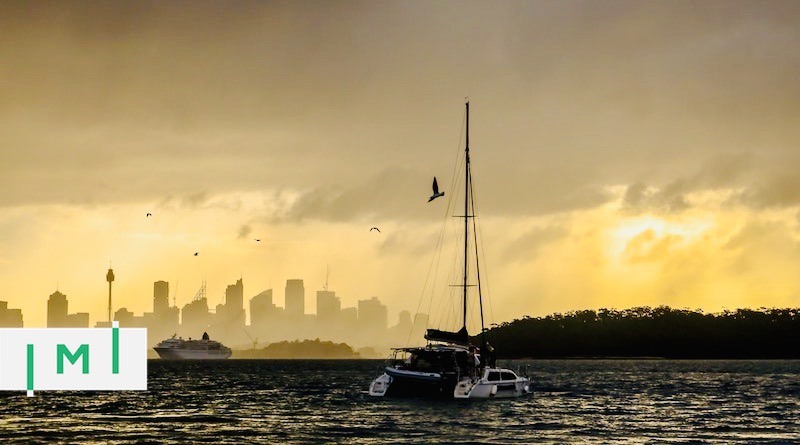Australia Announces Major Changes to BIIP: Cuts 5 Categories, Raises Capital Requirements
Australia is bringing wide-ranging changes to its extremely popular Business Innovation and Investment Program (BIIP), cutting five categories and raising capital requirements.
Following a round of consultations with public and private stakeholders that began a year ago and concluded in February, the government of Australia determined both that investment requirements could justifiably be increased and that the BIIP could benefit from simplification and streamlining.
Having noted that the program’s available places (some 7,000 a year) were invariably oversubscribed-to, the Department of Home Affairs last year concluded that “investment behavior and measures of wealth indicate that applicants have some capacity and willingness to invest above the current thresholds.” Indeed, at the end of last year, the application backlog for the program stood at close to 20,000.
Today, the government announced a host of upcoming changes to the program and indicated they had been shaped by the feedback received during the public consultation.
The salient program changes that will take effect on July 1st, according to a statement from acting Minister for Immigration Alan Tudge, included a reduction of the number of visa streams within the BIIP from the current nine to just four.
- The program will be simplified from nine to four visa streams: Business Innovation, Entrepreneur, Investor, and Significant Investor. There will be a clear pathway to permanent residency for each category.
- The Premium Investor, Significant Business History and Venture Capital Entrepreneur visas will be closed to new applications from 1 July 2021. Applications already lodged for these visas will still be processed.
- Provisional visa holders in all four streams will be able to apply for permanent residence if they meet the requirements after three years, but the provisional visa will now be valid for five years, meaning they have additional time to meet the requirements.
- Business Innovation and Significant Investor visa holders will also continue to be able to extend their provisional visas if they do not meet the business and residence thresholds in the required timeframe.
The requirements for minimum business turnover and assets held will also increase for the first time.
- The requirements for Business Innovation visa holders will be increased to ensure the program is attracting migrants with proven business skills. Business Innovation visa holders will be required to hold business assets of $1.25 million (up from $800,000) and have an annual turnover of $750,000 (up from $500,000) to prove their business acumen. These settings have not changed since 2012 when the program was first introduced.
- The $200,000 funding threshold required for Entrepreneur visa applicants will be scrapped. Applicants will need to be endorsed by a State or Territory government. This follows the successful Supporting Innovation in South Australia pilot program and will give states and territories an additional way to attract international entrepreneurs.
- The Government will also be consulting widely with industry to inform any further changes to the Complying Investment Framework. Any changes to the framework will be announced in the early half of next year, with sufficient time for businesses and investors to adjust.
Minister Tudge described the investments coming to Australia through the BIIP as “critical to our COVID-19 economic recovery,” and said the changes now implemented would serve to maximize the economic effects these funds had on Australian job creation. As part of the same economic recovery strategy, Minister Tudge in October also announced that the number of available places under the program would nearly double starting in the 2021 fiscal year.
James Hall of ANZ Migration, who foretold the changes announced this morning when speaking to IMI in October, today said that though the changes had been anticipated for some time, the announcement was still very sudden. Nonetheless, even with higher capital requirements and twice as many spots available, he still expects the quota to be filled in 2021.
“In the previous year we saw nomination places used up by early 2020, just over half way through the program year,” said Hall in October. “The advice for potential clients then is to apply earlier. We should see the states and territories making announcements in the next few weeks for their programs to become fully open. There will likely still be a preference for businesses that are perceived to benefit economic recovery to the state/territory (health industries, job generation, regional business opportunities, larger investments etc).”
Christian Henrik Nesheim is the founder and editor of Investment Migration Insider, the #1 magazine – online or offline – for residency and citizenship by investment. He is an internationally recognized expert, speaker, documentary producer, and writer on the subject of investment migration, whose work is cited in the Economist, Bloomberg, Fortune, Forbes, Newsweek, and Business Insider. Norwegian by birth, Christian has spent the last 16 years in the United States, China, Spain, and Portugal.



